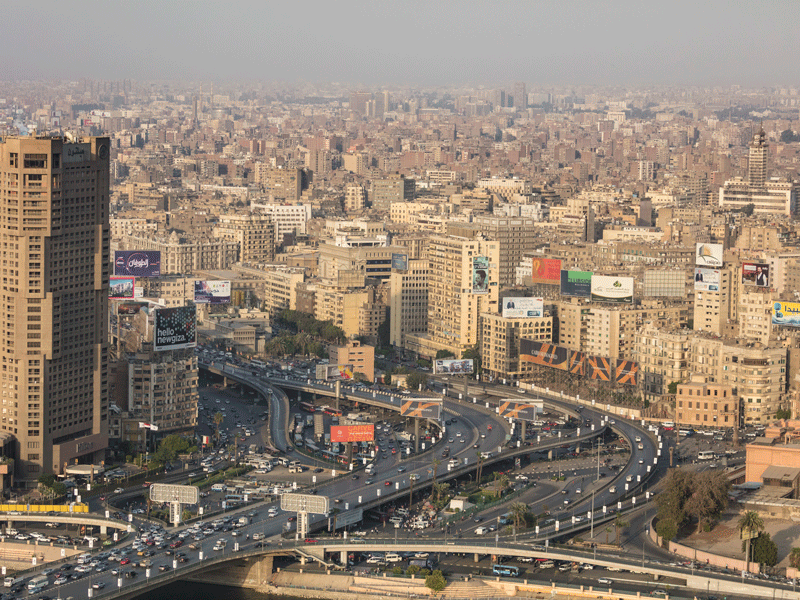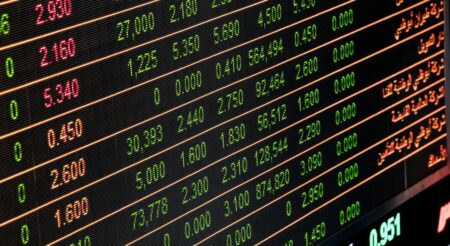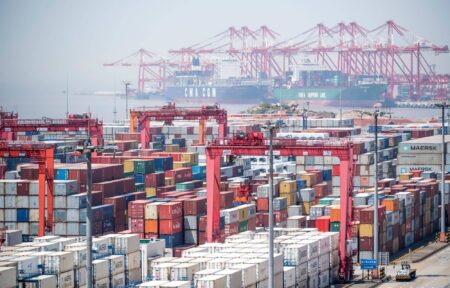Egypt, one of Africa’s strong economy—has seen a sharp rise in business activity which bounced back in June, marking a 4-month high record, as the North-African recovers from the coronavirus grip and showing signs of uneven recovery.
According to information from IHS Marki, Egypt non-oil sector rose sharply, while the Purchasing Managers Index (PMI) rose to 44.6 in June from 40.7 in May, remaining below the threshold of 50 that separates growth from contraction.
However, the rebound is felt evenly as still things tighten, unemployment has risen to 9.2 per cent, firms cutting wages at a fast pace in four years—hence HIS economist anticipates potential change.
READ:IMF $5.2 Billion Stand-By Arrangement for Egypt
A different view
On the other side, before the pandemic, the World Bank’s Macro Poverty Outlook noted that growth was driven by a macroeconomic stabilization program that was largely successful, generating a solid primary budget surplus, reducing the debt-to-GDP ratio, and replenishing reserves. Additionally, the wholesale, retail trade, agriculture, and manufacturing sectors contributed to the increase in growth.
Further, the lender analysis showed that, despite the expected gradual recovery of private consumption and investment, the pandemic is expected to hamper growth through its effect on production and exports. Key sectors, such as tourism and natural gas, are expected to experience a slowdown due to restricted international travel and the crash in oil prices.
As IHS looks forward to a better turn around of things for Egypt, multiple analysis including Internation Food Policy Research Institute (IFPRI) show significant impact felt on high earning sectors including the tourism, payment received from the Suez Canal and remittances paid by Egyptians in foreign nations.
Despite the underlying circumstances, the June PMI signals that things are starting to resume to normal.











